This article focuses on how to avoid getting into bad relationships by identifying early signs of problems when you are getting to know the person you are dating.
What are ‘red flags’ in the dating process?
One of the most common questions clients ask me in counseling is, “How do I avoid getting into bad relationships?” My go-to answer to this question is, “Heed your red flags.”
What are these ‘red flags’ which you need to heed? They are signals you receive early on in a developing relationship which indicate that something may not be right with this person or with the relationship which you are embarking on with them. When clients tell me about a relationship which turned out badly, they often tell me that they noticed red flags early on but they didn’t pay attention to them.
How to tell when red flags are present
How do you tell whether a red flag is present in your early interactions with a potential relationship partner? Usually a red flag is indicated by the other person behaving or speaking in a manner which triggers negative feelings in your body and negative thoughts in your mind. For example, imagine being on a date at a restaurant with someone you recently met. You have a great time talking with your date. The food, the drink and the ambience are terrific. At the end of the meal, you and your date notice a mistake on the cheque. Rather than bringing the error to your server’s attention calmly and assertively, your date berates the server in a fit of anger. Although you are happy that your date took steps to have the mistake corrected, you feel uneasy about the manner in which he did this.
Alternatively, imagine that you are getting to know another potential relationship partner. During this period, you often visit her at her home. Each time you do, you notice that she smells of alcohol when you arrive and she consumes several drinks while you are there. Although you enjoy your time with her, your ‘spidey-sense’ tells you something is bothering you about her drinking.
Why people often disregard red flags
Many people who notice red flags such as these early on in a relationship disregard them. They typically do this by rationalizing that the concerns they have identified are relatively minor and that the person’s many good qualities outweigh the negative ones which they’ve noticed. After all, no person or relationship is perfect, right? The problem with this rationalizing is that behaviours which prompt you to have immediate and strong negative thoughts and feelings usually point to your having significant problems with this person and the relationship down the road.
What are the costs of ignoring red flags?
Regardless of their good qualities, the negativity you will experience as a result of their red-flag behaviours and characteristics are likely to leave you involved in a relationship which is at best unpleasant and at worst, toxic. And getting out of a toxic relationship in which you have become enmeshed is easier said than done. There are many factors, including your emotional attachment to the person and the relationship, which will make it difficult for you to leave at that point even though you may know at one level that this is the right thing to do.
How to make sure to pay attention to red flags
So what’s the better route to follow? Pay attention to your red flags early on in a developing relationship before you become invested, emotionally and otherwise, in it. If you spot a behaviour or a characteristic of the person which bothers you, check it out before proceeding further in developing the relationship. This analysis will necessarily entail your examining the situation yourself. It is also very helpful to discuss your concerns with one or more people whom you trust such as a close friend or a therapist.
Why good relationship decisions follow when you heed red flags
Examining your concerns in this manner will allow you to make the best decision about whether to continue to pursue a relationship with the person. Your discussion and analysis may lead you to decide that ending things with them immediately is the right move to make. Or, you may decide to continue to interact with the person but to collect more information to assess whether your concerns are indicative of serious problems on the horizon. You may even decide, perhaps based on the consensus of your confidantes, that what you identified as a red flag is not a reason to be concerned. In that case, you might choose to continue to date the person with no harm having been done by your having checked out the red flag. It is far better to discuss a possible red flag which turns out not to be a real concern than to ignore a red flag which points to a significant problem.
So be on the lookout for red flags when you meet a potential relationship partner and check them out when they occur. Your relationships will almost certainly improve if you adopt this strategy.
Here’s to your spotting and heeding your red flags,
Dr. Pat


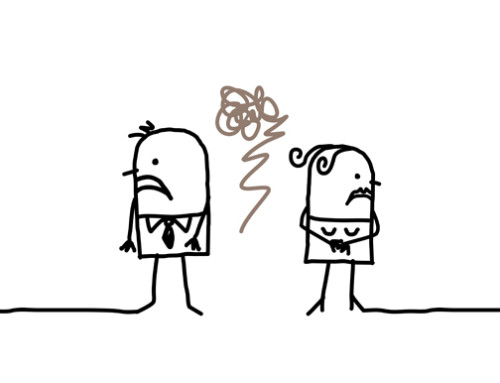
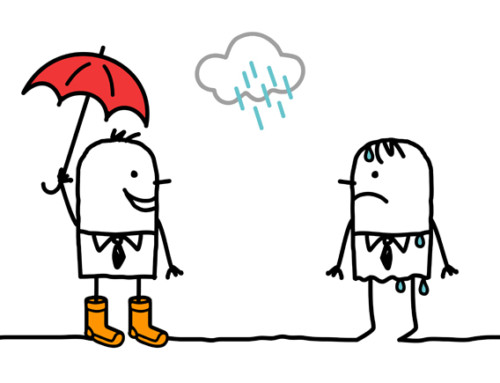
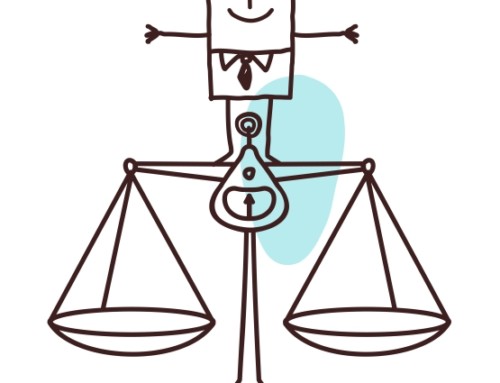
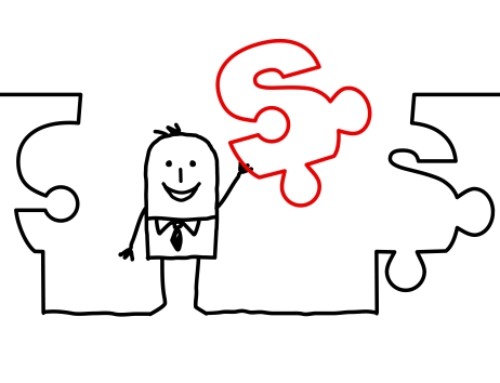
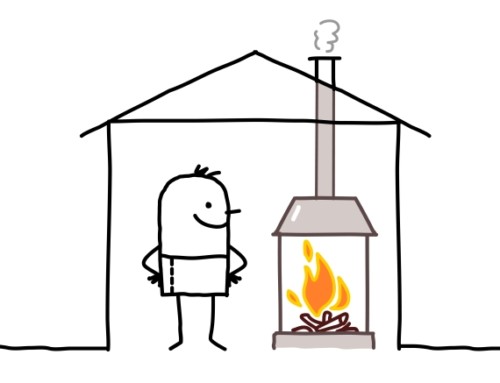
Leave A Comment